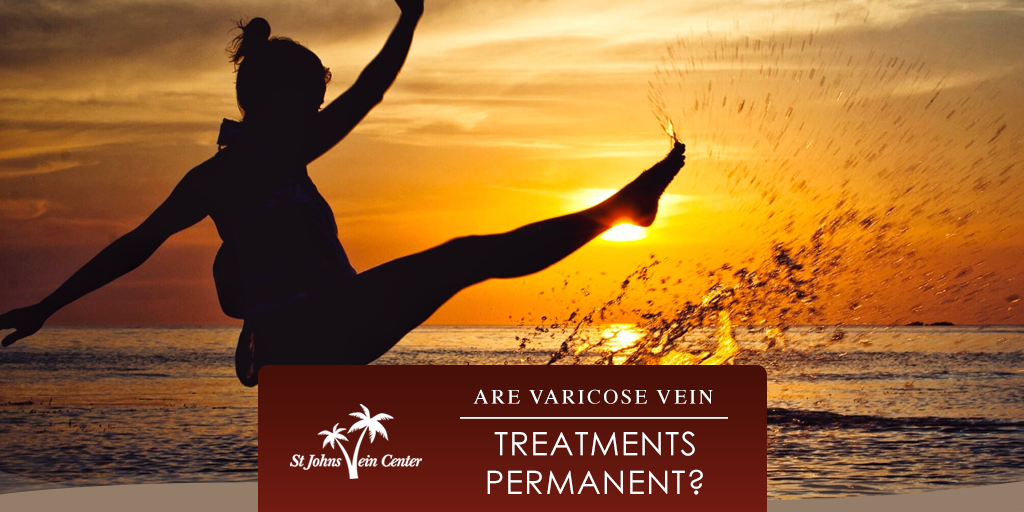Let’s be honest; varicose veins aren’t pretty. In simplest terms, they are swollen veins of a blue or dark purple color. The common condition occurs on the legs and feet. Often times, varicose veins will appear lumpy, bulging or twisted. Women develop the condition more often than men because of the hormone progesterone.
Some people don’t feel any pain or discomfort, but many find varicose veins simply unattractive. Period.
The good news is that today’s advancements in medicine offer a variety of solutions for varicose veins, but the question most people ask is this:
Yes and no are the right answers, and a lot depends on the treatment plan and the skill and experience of the doctor chosen. A qualified physician will explain to the patient all the possible treatments available and will be able to perform any procedure related to varicose veins.
A specialist in varicose vein therapy would not offer merely one treatment plan to improve the condition of all patients. When it comes to varicose veins, each case is unique, and every option that is surgical or non-surgical should be discussed with the patient.
For example, a patient could choose a non-surgical procedure. The popular, conservative solution is sclerotherapy, a treatment that includes the injection of a foam or liquid into the affected vein.
Sclerotherapy is considered quite effective for those with small or medium-sized varicose veins. The treatment works when the injected substance damages the walls of the vein and shuts it off for good.
Sclerotherapy permanently treats the veins, however, new veins can appear later on and develop issues of enlargement. Some patients are okay with this plan and return for “touch-ups” using the same foam or liquid non-invasive procedure to zap their new varicose veins.
Some patients opt for surgery to remove or close off their varicose veins, especially for deep veins and those causing pain or discomfort. These surgical techniques are safe and will not cause harm to the blood supply in the legs. In this case, the blood will re-direct into other healthy veins.
Surgical solutions involve laser ablation, microphlebectomy and vein stripping.
Laser ablation uses radiofrequency to cauterize (burn) and shut off the varicose veins.
Microphlebectomy involves a small incision made in the leg to remove a large vein. The incision(s) are tiny and do not involve stitches.
Vein stripping is performed with small incisions near the top and bottom of the damaged vein. The entire vein is then pulled out via a wire passed through the vein.
These procedures are all effective at permanently removing varicose veins, however, in some cases, patients will see swollen veins or new spider veins grow back after surgery.
The larger, deep veins could have been concealing smaller veins, and that is why these new veins could appear following the surgery.
Varicose vein treatments today are precise, highly advanced and successful at being permanent, but a patient’s DNA plays a contributing factor in whether the condition reappears.
It’s one’s genetic component that determines how permanent any of these procedures will be. That means you might develop more veins following treatment.
Your physician will conduct a venous health assessment before you determine your type of varicose vein treatment. The plan would include a detailed examination of your legs, an ultrasound scan of your legs and study of your family history and your own medical history.
So, yes, varicose vein treatments are permanent, but sometimes, other aspects come into play.
The right doctor who is well-versed in all the elements of varicose vein therapy will help you find the proper medical solution to treat the affected veins internally, improve their cosmetic appearance and get you back to enjoying life.


 Are Varicose Vein Treatments Permanent?
Are Varicose Vein Treatments Permanent?

